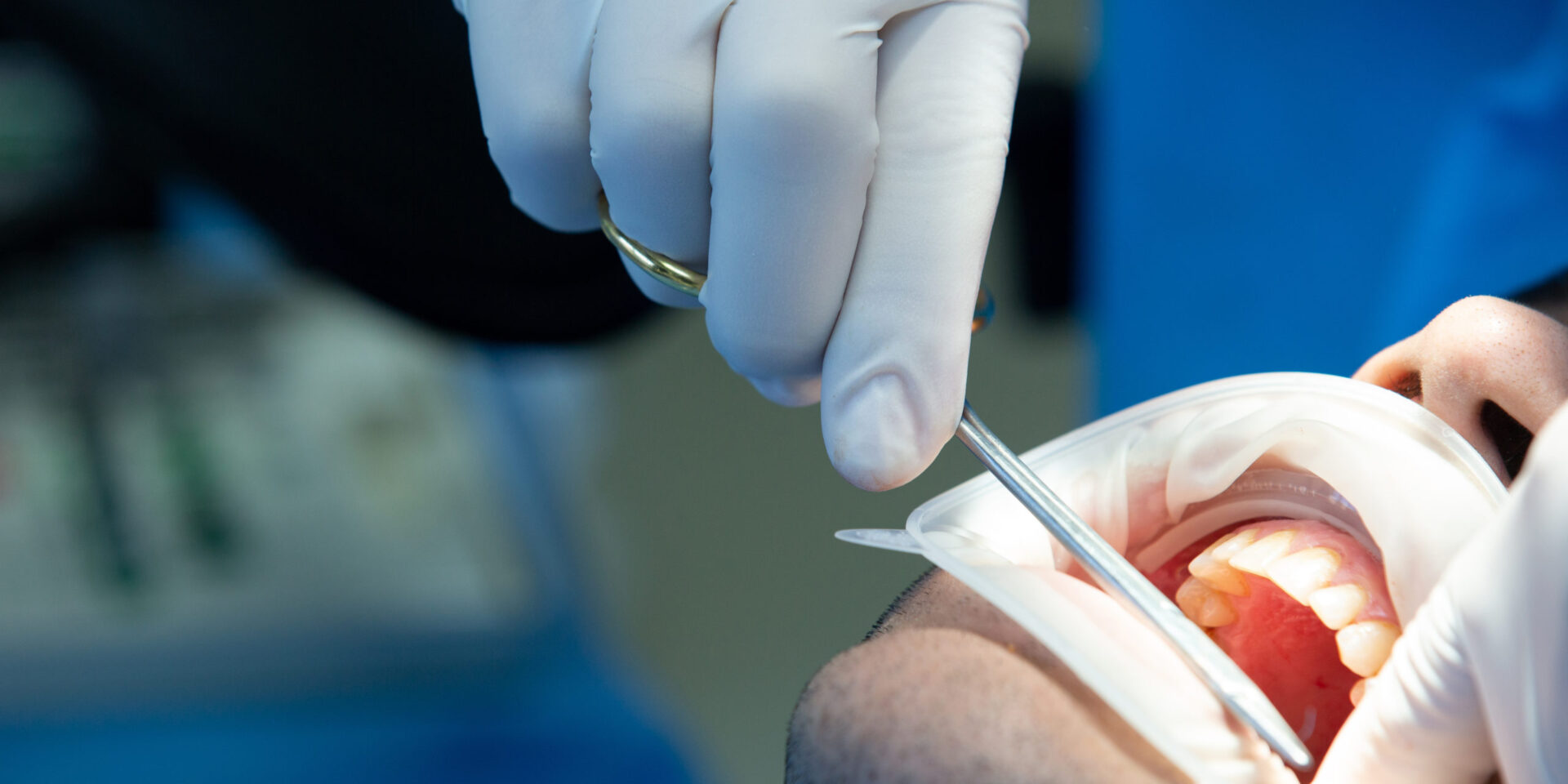Most people will need to have a wisdom tooth extracted at some point in their lives. This is because wisdom teeth are the last teeth to grow in, and they can often cause problems if they don’t have enough room to grow properly. Extracting a wisdom tooth is a relatively simple procedure, but it can be quite painful. Let’s take a closer look at the pain involved in having a wisdom tooth extraction performed.
When Do You Need Wisdom Teeth Extraction?
Your wisdom teeth usually erupt when you’re between 17 and 21. In some cases, they may not emerge until you’re in your mid-20s or older. Many people don’t have enough room in their mouths for their wisdom teeth, which can cause overcrowding, impaction (when the tooth doesn’t break through the gum), and other problems.
There are a few reasons why you might need wisdom teeth extraction. One common reason is that your wisdom teeth are impacted, meaning they’re stuck underneath your gums and unable to come in properly. This can cause pain, infection, and damage to your other teeth. They may also be coming in at an angle that could crowd or damage your other teeth. Sometimes people have wisdom teeth that simply don’t have enough room to come in, and they need to be removed to avoid future problems.
If your wisdom teeth are causing problems or are impacted, your dentist or oral surgeon will likely recommend that you have them extracted. Wisdom tooth removal is a common procedure that is usually done with the help of local anesthesia (medication that numbs the area) and sedation.
Wisdom Teeth Extraction: Does it Hurt?
In general, wisdom tooth extraction is considered to be a fairly painful procedure. Many people report feeling significant pain and discomfort for the first few days after having surgery. Additionally, many people also experience some swelling and bruising around their jaws following surgery. While the recovery process can be uncomfortable, most people find that the pain and discomfort gradually subside over time. Overall, wisdom tooth extraction is a relatively common and safe procedure with a relatively short recovery period.
There are several factors that can affect the pain of wisdom tooth extraction, including the difficulty of the extraction, the location of the wisdom teeth, and the age and health of the patient. However, it is fair to say that wisdom tooth extractions are typically more painful than other types of dental procedures. This is because wisdom teeth are often located in difficult-to-reach places in the mouth, and they may be impacted (meaning they are trapped beneath the gum line). Additionally, older patients who have health conditions such as diabetes or heart disease may be more likely to experience pain during a wisdom tooth extraction.
Before, During, and After Surgery
Before a wisdom tooth extraction, your dentist will take x-rays of your mouth and teeth to determine the position of your wisdom teeth and how difficult it will be to remove them. They may also ask you about your medical history and any medications you’re taking. Be sure to let them know if you have any allergies or are taking any blood-thinning medications. You’ll likely be given a local anesthetic to numb the area around your wisdom teeth. In some cases, you may be sedated for the procedure as well. Once you’re numb, your dentist will make an incision in your gums to expose your wisdom teeth. They may need to remove some bone before they can extract your teeth. Sometimes, the dentist may break up the tooth into smaller pieces before extracting it. Following the procedure, you will likely have some discomfort and swelling, which can be managed with pain medications.
Wisdom Teeth Extraction Recovery
Recovery from wisdom tooth removal is typically a pretty straightforward process. In most cases, you can expect to see some swelling and bruising around the extraction site, but this should improve within a few days. Depending on the extent of your surgery, you may also have some stitches in place. These will usually dissolve on their own within a week or two.
There are a few different recovery procedures for wisdom teeth extraction. The most common is to have the patient bite on a gauze pad for 30–45 minutes after the surgery. This helps stop the bleeding and form a blood clot. The next step is to have the patient rest with their head elevated and ice their face in 20-minute intervals (from chin to ear) for the first few hours. It is also important to avoid drinking through straws, spitting, or smoking, as this can disrupt blood clotting and cause swelling. Patients can expect some numbness and bruises around the surgical area and some pain and swelling. Most discomfort can be managed with over-the-counter pain medication, but it is important to follow the instructions of your dentist or oral surgeon.
If you’re still experiencing pain after a wisdom tooth extraction, it’s important to contact your dentist to find out what may be causing the issue. A few possible causes of continued pain after wisdom teeth extraction include dry sockets, infection, and nerve damage. Dry sockets occur when the blood clot that forms at the extraction site is lost or dislodges. This can lead to exposed bone and nerves, which is quite painful.
Infection is another possible cause of continued pain after wisdom tooth removal. This can occur if bacteria enter the empty socket and cause an infection. Nerve damage can also cause pain after a wisdom tooth extraction. If the nerve was damaged during the procedure, the pain may take some time to go away. In some cases, the nerve may need to be removed to stop the pain.
Wisdom tooth extraction procedures have come a long way in recent years. While they may still be painful, there are ways to minimize the discomfort. If you’re experiencing pain from your wisdom teeth and would like to explore your extraction options, contact us today for a consultation. Our team of experts at River District Smiles Dentistry will work with you to find the best solution for your individual situation.


